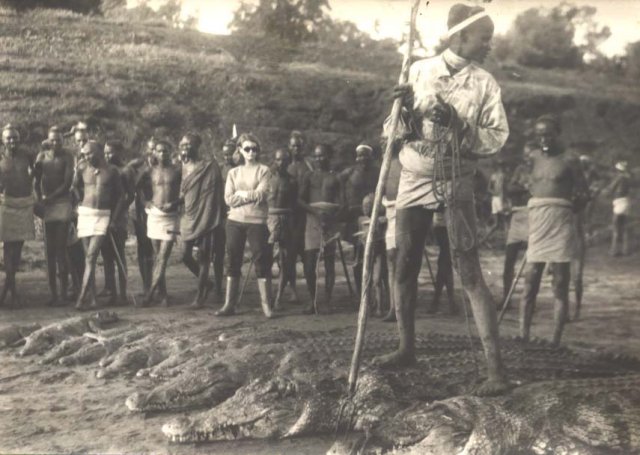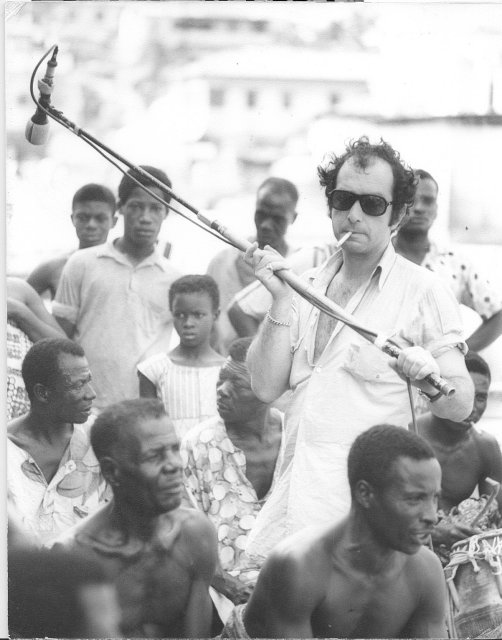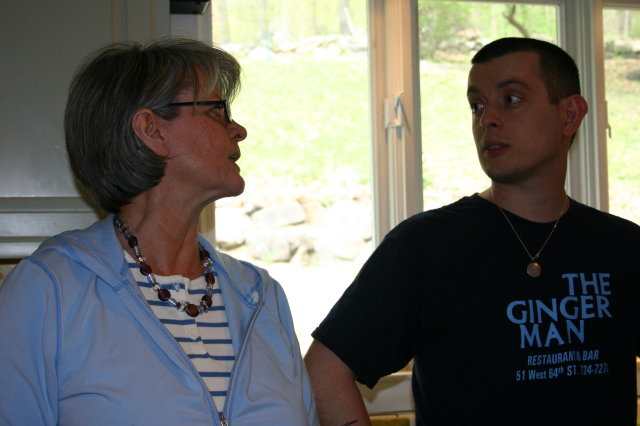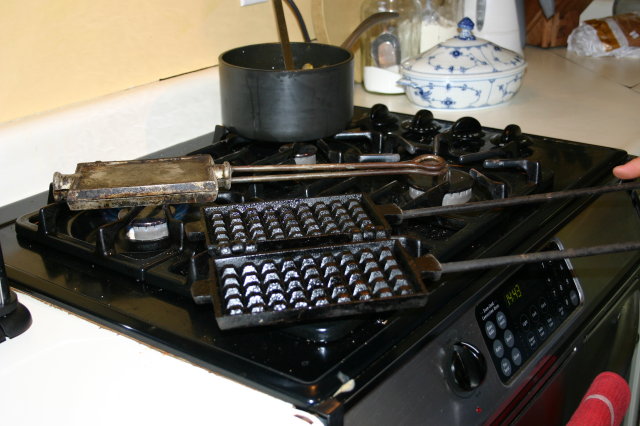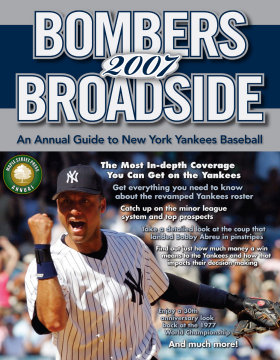
Drawing I did of my father, 1983
My father was an incorrigible name dropper. He called famous actors and directors by their first names, suggesting an intimacy that didn’t always exist. He had met a lot of celebrities when he worked as a unit production manager on The Tonight Show. One chance encounter with Richard Pryor and he was “Richie” forever. Dad reached the heights of chutzpah when he went to the theater with a friend one night and spotted the actress Gwen Verdon. He walked down to her, introduced himself, and kissed her on the cheek as if they’d known each other for years. Ms. Verdon was delighted. Dad’s friend was amazed.
I remember watching “12 Angry Men” with the old man when I was a kid. “It’s almost as good as the original,” he said, referring to the TV production. “You see how exciting a movie can be even if it takes place in one room?”
I was captivated and by the end, I felt intelligent, finally on the right side of the line that separates boys and men. It was directed by “Sidney,” Sidney Lumet. They had crossed paths once; Dad had wanted to turn “Fail Safe” into a movie, a project that Lumet eventually directed. The old man admired Lumet not just because he was a fellow New Yorker but also because they shared a similar aesthetic, a love of the theater and actors. Dad was an avid theatergoer starting in his early teens through his mid thirties when he became an independent documentary producer. He revered Lumet’s quick and efficient approach to shooting a movie.
“Sidney always comes in under budget and has it in his contract that he keeps the difference,” he told me, raising his eyebrows. “Now, that is a smart man.”

The Old Man with Senator Sam Ervin
Not long after my mother kicked him out, Dad saw “The Verdict” and raved about the performance Lumet got out of Paul Newman as a lawyer who became an alcoholic when he got screwed over, then sobered up when the chance for redemption arose. His clients got justice, he got back his self-respect, and I got squat because I was 11 and Dad said that was too young to watch the movie. The closest I got was the commercials on TV. Everything looked dark brown, courtrooms and bars alike, and Newman seemed so frail I didn’t even notice his famous blue eyes.
Dad holed up on his own in Weehawken, across the Hudson, after his next girlfriend gave him the boot as well. There were two things that he liked about New Jersey: the view of New York City from his bedroom window, and that the liquor store down the block opened before noon on Sundays.
I remember visiting him without my brother or sister one time in January 1983, shortly after “The Verdict” came out. It was a late Saturday afternoon, almost dark, and the sun reflected off the tall buildings overlooking 12th Avenue. The old man was lying on his bed in his underwear and t-shirt smoking a Pall Mall. The heating pipes clanged. The windows were sealed shut around the edges by duct tape but still rattled when it got windy. A glass of vodka sat next to the ashtray on his night table. I used to fantasize about emptying his Smirnoff bottle in the kitchen sink and filling it back up with water. But I never had the nerve.
Most of the time he’d make me entertain myself on the other side of the apartment, in the room without a view of the city. He didn’t want me reading comic books but I did anyway. Or I’d trace the movie ads from the Sunday paper. “The Verdict” was nominated for five Oscars including best actor and best picture. The movie ad showed Newman in a rumpled white shirt, tie loosened, his eyes half closed looking down. The light from a window washed over his face. He looked defeated. The text above read: “Frank Galvin Has One Last Chance at a Big Case.” I traced the movie poster and then drew it freehand. I felt the seriousness of the title “The Verdict.” I didn’t know what that term meant and didn’t ask.
Now I was content to sit next to Dad on his bed and look out the window at the orange light bouncing off the New York skyline. The view reminded us of how far we were from where we wanted to be.
There was a small black-and-white TV on the chest at the foot of the bed. An episode of M*A*S*H, the old man’s favorite show, ended. The familiar and mournful theme song, “Suicide is Painless” filled the room. Dad was talking about his girlfriend. He didn’t seem too bothered by their breakup. Leaving Manhattan was the bigger issue. With Mom, he was devastated. He still believed she was foolish to divorce him and was convinced that one day she’d come to her senses and have him back
Soon enough Dad returned to the subject of Sidney because Lumet directed the Saturday Afternoon Movie. “He always comes in under budget, do you know why? Because Sidney is not stupid, that’s why.”
“Dog Day Afternoon” was on TV: an Al Pacino movie for grown-ups, but Dad let me watch it with him anyway. Maybe the vodka he was drinking softened his resolve. I knew enough not to question why. Pacino—Dad called him “Al”—played Sonny, a little guy who robbed a bank in Brooklyn. The movie was about what happened in the inside of the bank with Sonny and the hostages. It was tense but parts were funny and I laughed when Dad laughed.

During a commercial break, I saw that his eyes were closed. I studied him. His stomach inflated and deflated in short, hard spurts. Dad was forty-five, almost six years removed from a heart attack, and his deep, uneven breathing worried me. He flexed his right foot and his big toe cracked so I knew he wasn’t asleep. Maybe he was meditating. He opened his eyes and smiled at me, put his hand over mine and looked back at the TV. When he took it away, it was to reach for another cigarette. I stared at the movie until I heard him start to snore. So I slipped out of bed, moving like a cat on the branch of a tree, and butted out his cigarette in the ashtray sitting on a table covered with burn marks. Then I climbed back into bed, careful not to rouse him. I wasn’t sure what was going to happen to the old man. He didn’t have a job and wasn’t in show business anymore. If only he would quit drinking.
I checked to see the progress of the light on the skyscrapers during the commercials. The orange glow began to fade as the sun set, turning softer, then pink as the sky darkened to a purplish blue. I thought of what Dad said when Channel Five ran the same public service announcement every night: “It’s 10:00 p.m. Do you know where your children are?” He’d say, “No, I don’t know where they are. I know they are not with me and that makes me very sad.” He told me so himself.
In “Dog Day Afternoon,” things were only getting worse for Al. It was nighttime in Brooklyn in the middle of summer and the air conditioning in the bank was turned off. The cops brought his boyfriend, Leon, to speak with him on the phone. Al was robbing the bank so he could afford a sex-change operation for the guy. That made sense to me. It was the right thing to do.

At last, the cops agreed to give him an airplane to escape. I imagined what the inside of the plane looked like and where they were going to go. But when they got to the airport, the FBI nailed him, the hostages were freed, and the movie was over.
I put my hands behind my head, lay back and looked at a water stain on the ceiling. I thought about Al, pushed onto the hood of the car at the airport, the loud sounds of planes taking off and landing in the background. His eyes looked like they were going to bug out of his head and he was on his way to jail which didn’t seem fair even though he was a criminal. Then I imagined Paul Newman. I was happy the old man had let me be a grown-up with him for a little while.
The white lights of Manhattan were twinkling on the other side of the Hudson when he woke up and refreshed his drink. I didn’t want to say anything stupid so I kept my mouth shut. Another cigarette smoldered in the ashtray. He picked up the New York Times crossword puzzle and said, “Good old Sidney. He never left New York.”






























